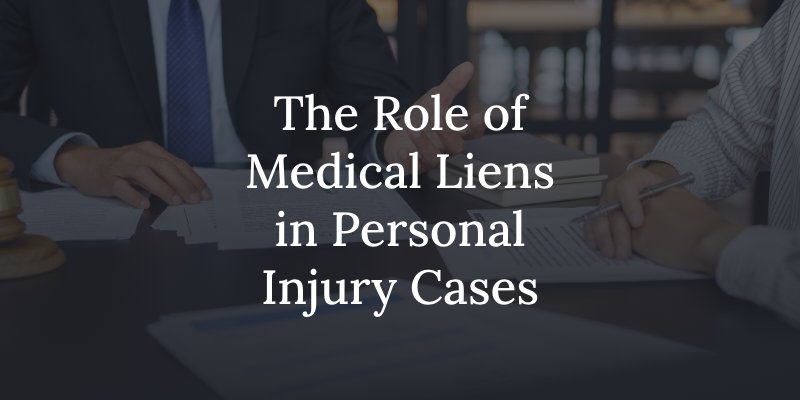Few people prepare for a serious injury by putting money aside to cover their medical costs, additional expenses, and lost wages in case of an accident. Unfortunately, medical care is expensive, and after suffering a serious or catastrophic injury, medical bills pile up at the same time that the injury prevents a prompt return to work, or may make it impossible to work at all.

Even those with adequate medical insurance may still have large deductibles or find their co-pays and out-of-pocket expenses rapidly mounting, with no way to pay and still support themselves and their families. For those pursuing a personal injury claim, often with the help of a personal injury attorney in kansas city, a medical lien while waiting for compensation can help. Hearing the words “medical lien” can be frightening, prompting images of collection agencies taking away your home, property, or valuables. But is a medical lien something to fear when you have a personal injury case in progress?
What Is a Medical Lien?
A lien is a legal right to claim a specific asset in payment of a past-due debt. Common examples are liens placed on property when a person owes back taxes or an arrearage on court-ordered child support. The lien holder may seize the asset and sell it to satisfy the outstanding debt.
A medical lien is a claim placed on a patient’s property when they’ve received medical care at a hospital or other medical provider at a substantial cost, which they’ve been unable to pay. When an injury victim was harmed due to someone else’s fault, such as in a car accident or a premises liability case, a medical lien may allow them to continue to receive necessary medical care and ongoing support, such as physical therapy and home health care, while awaiting the outcome of their personal injury claim.
How Does a Medical Lien Affect a Personal Injury Claim?
When an injury victim doesn’t have the means to pay for their medical care immediately, their medical provider may place a medical lien on their property to ensure they are reimbursed for the provided services. The lien may be placed on the property by a private medical entity, such as a hospital, or by a government entity like Medicare or Medicaid services.
Insurance companies that pay out on medical claims also sometimes place liens on an injury victim’s property to be reimbursed by a successful personal injury claim. The creditor may place the lien directly against the injury victim’s property, such as a house or car, or it could be a lien against their compensation in a personal injury claim. The lien remains in place until the injury victim receives compensation.
How Does a Personal Injury Lawyer Benefit Your Claim When You Have Medical Liens on Your Property?
An injury victim’s attorney considers these medical expenses when calculating the injury victim’s total damages when filing the compensation claim. They often work with creditors to renegotiate the debt.
Once the medical bills have been paid through the compensation the injury victim acquires through a settlement or court award, the lien is removed from their property. As unsettling as some injury victims feel a medical lien against their property might be, it’s important to speak to a personal injury attorney about the advantages and disadvantages of a medical lien, which allows continued medical care until the completion of the personal injury claim process.

